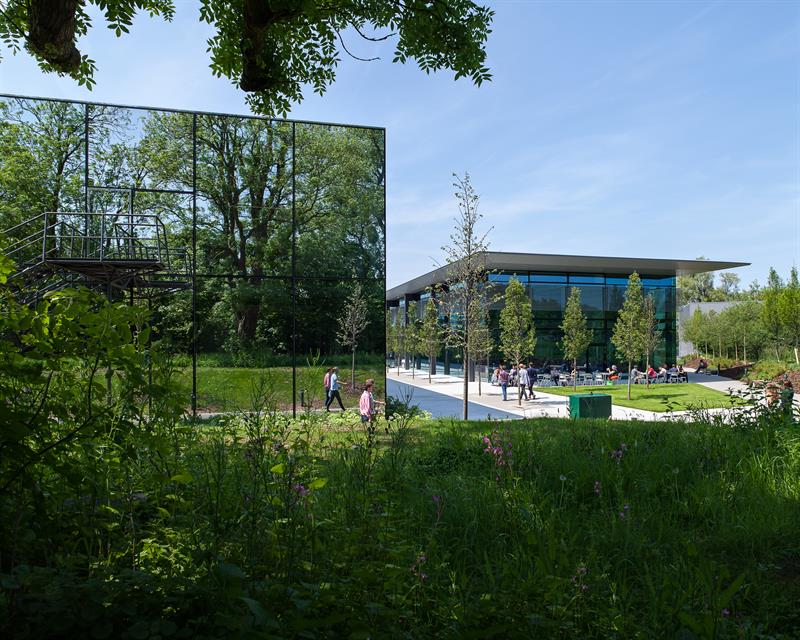“The UK’s skills shortage is holding Dyson back as we look to increase the amount of technology we develop and export from the UK,” said Dyson. “The new degree course offers academic theory, a real-world job and salary, and access to experts in their field.”
The four-year degree programme will combine academic learning, initially delivered by WMG University of Warwick, with hands-on experience developing Dyson products and working alongside Dyson’s current engineering team of 3000.
 Professor Lord Bhattacharyya, chairman and founder of WMG, University of Warwick added: “It is vital that in order for UK companies to be competitive they must have the right people with the right skills.”
Professor Lord Bhattacharyya, chairman and founder of WMG, University of Warwick added: “It is vital that in order for UK companies to be competitive they must have the right people with the right skills.”
Under new plans laid out by the Department of Education in a recent Whitepaper, the Dyson Institute of Technology will apply for degree awarding powers, allowing it to become a new university.
Universities Minister Jo Johnson said: “The Dyson Institute of Technology will not only offer students the chance to study on cutting edge degree level programmes, it will also play a vital role in educating the next generation of much needed engineers.”
Dyson currently has active research partnerships with 40 universities worldwide, as well as funding PHD students and professors in top engineering universities worldwide including Imperial College London and the University of Cambridge.
Dyson also plans to invest £100m in external research projects in the next four years – working with technology start-ups from Israel to Singapore to the US. The students will also have access to this global network of engineering expertise.
The application process is open now, with the first cohort of 25 students starting in September 2017.











